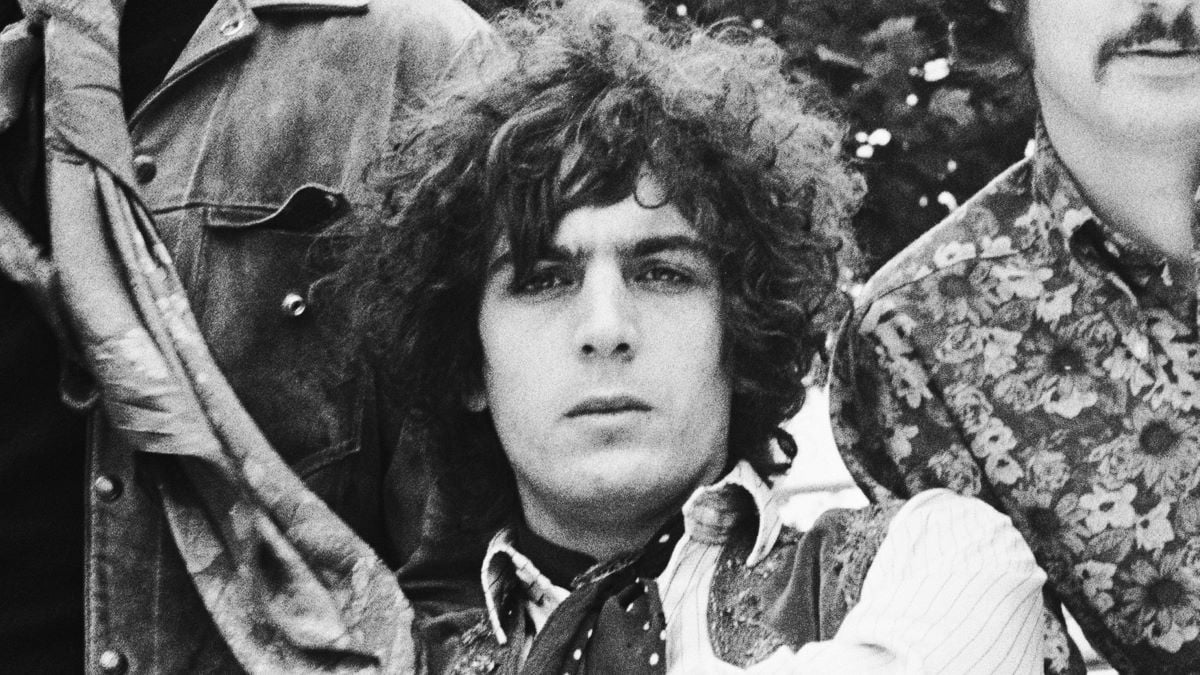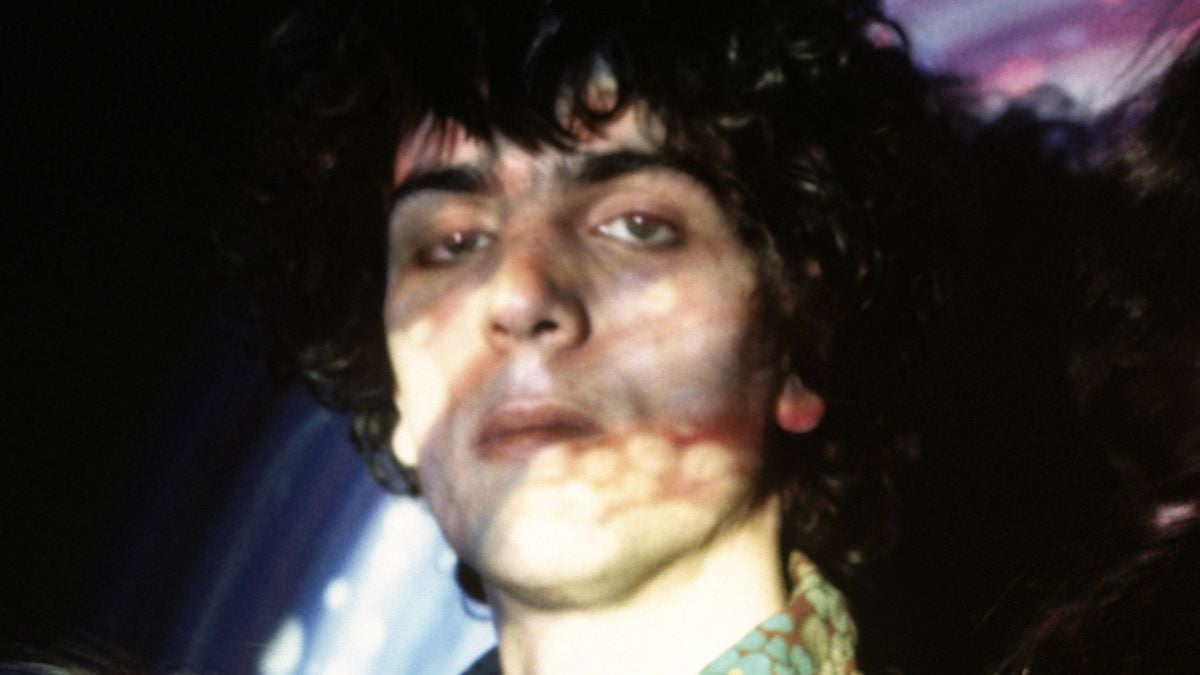Pink Floyd is without a doubt one of the most influential rock bands from the last century, the band’s psychedelic space rock was one of a kind and the style and influence of the band’s initial frontman has proven difficult to replicate.
Whilst most of Pink Floyd’s best songs came after Syd Barrett‘s departure, a lot of the greats were written specifically about or for him, Wish You Were Here and Shine On You Crazy Diamond are just a couple of examples of songs that wouldn’t exist if not for Barrett.
Early life and forming the band

Born in 1946, Syd Barrett’s birth name was Roger Keith Barrett, and from a young age he showed an intense interest in music, particularly the guitar. Barrett’s childhood friend, Roger Waters invited him to join his fledgling band called the Tea Set in 1964. By 1965 the band had fully formed and rebranded as Pink Floyd, a name that Barrett came up with.
During the early years of the band’s success, Barrett was seen as the creative genius behind most of the songs they put out. They had seen success thanks to tracks like Arnold Layne and See Emily Play. However, during the creation of the band’s second album, A Saucerful Of Secrets, the relationship between Barrett and his bandmates became strained.
Why did Syd Barrett leave Pink Floyd?

The same year the band christened themselves as Pink Floyd, Barrett discovered the effects of LSD. His first experience with the drug supposedly happened around the Summer of 1965 but it soon became a part of the creative process and with it, he took the band in a new direction. This certainly made them stand out amongst their contemporaries, the unique rhythms and lyrics defined the psychedelic genre and still influence music today.
But whilst their music careers continued to bloom, Barrett’s mental health was withering. The band were finally getting the recognition they’d craved but it all came at the price of their frontman who was beginning to lose his grip on what was real thanks in part to his excessive intake of LSD.
However, speaking with the Mirror in 2008, former bandmate Waters claimed that he believed Barrett’s drug use only exacerbated a mental illness that was already there, “Who knows what he might have done without it, but I don’t think Syd was driven crazy by too much acid.”
Barrett’s crazy antics began to pick away at Pink Floyd’s seams. He would go AWOL before live shows and substitute guitarists were brought in. One of these substitutes was Dave Gilmour, the future frontman of the band. The times when he did appear at live shows could be even worse with Barrett often acting strangely, such as just standing on stage, detuning his guitar or staring catatonically on live TV appearances.
The fact that he had written most of the material meant that his bandmates initially planned to keep him as a non-touring member, but even this couldn’t work for long. In 1968 they had finally had enough and decided it was best for them to part ways. Dave Gilmour was brought in as his replacement and Pink Floyd went on to be massively successful, leaving their former lead singer and friend to his own devices.
Post Pink Floyd
After Syd Barrett’s departure the band went on to release a plethora of critically acclaimed albums with Roger Waters writing most of the new material. They dominated the 70s music scene with albums such as Dark Side Of The Moon, Wish You Were Here, and The Wall.
Meanwhile, Barrett pursued a solo career with the band’s former manager, Peter Jenner, who had terminated their contract with Pink Floyd, opting to retain him instead. In 1970 he released two albums, The Madcap Laughs and Barrett both of which were well received. Although Peter Jenner admitted that he had underestimated how difficult the musician was to work with.
In 1974 he decided to withdraw from the music industry permanently, although in 1975 he visited his former bandmates unannounced whilst they were recording Shine On You Crazy Diamond. His appearance was a far cry from what it had been in 1968, he had put on a lot of weight and his hair and eyebrows were shaved off. Roger Waters was apparently moved to tears by his radical change in appearance.
That would be the last time most of the members of Pink Floyd would ever see Barrett. In an interview from 1996 Richard Wright revealed that Barrett’s family had advised them against visiting: “apparently if he’s ever reminded of Pink Floyd and when he was in it, he goes into a depression for weeks on end.”
Barrett passed away in 2006 at the age of 60 due to pancreatic cancer. Despite this, he’s left a lasting impression on the music industry. As for Pink Floyd, they still perform every now and then.











Published: Jan 24, 2024 04:33 pm